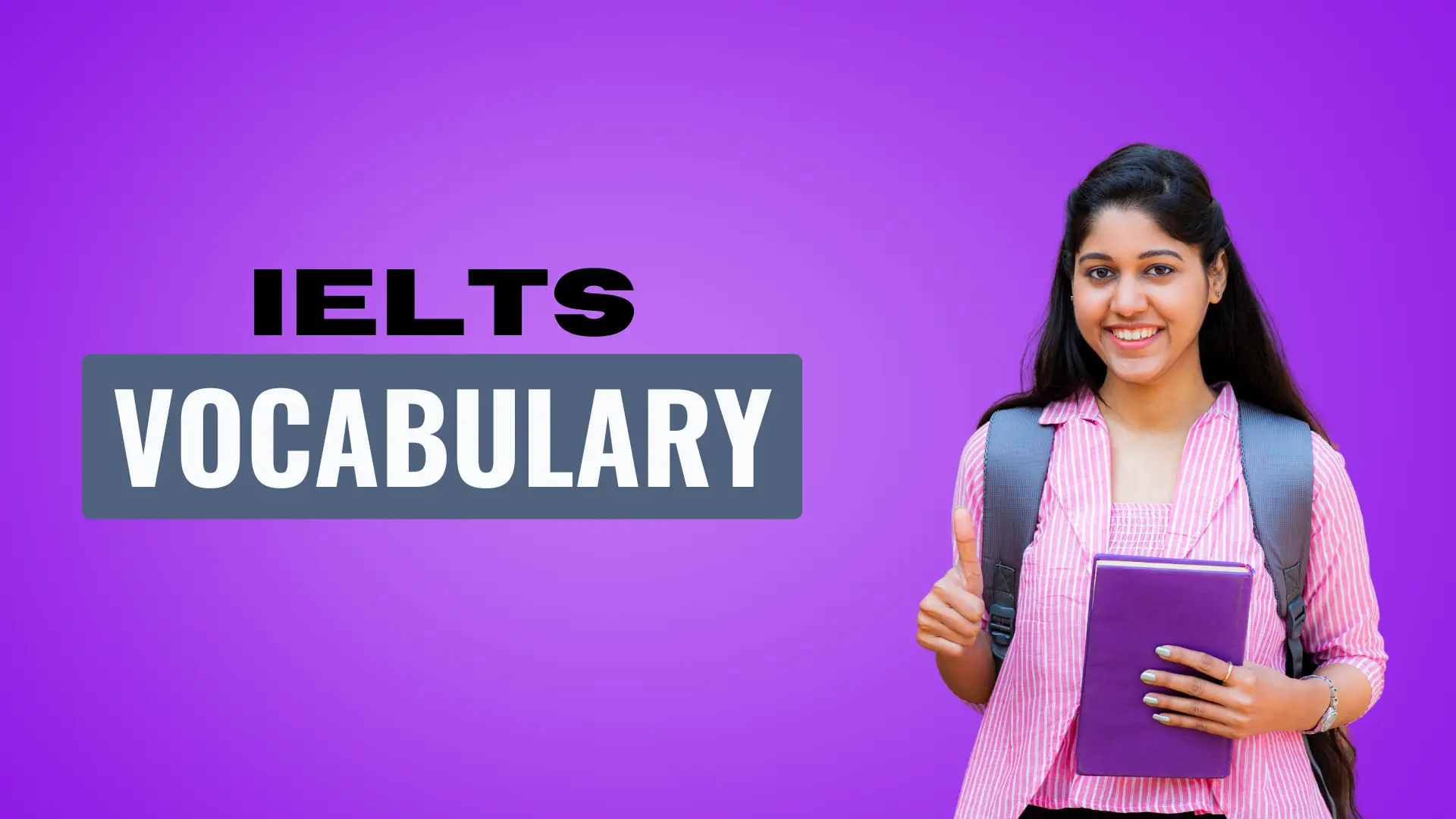Vocabulary
Mastering IELTS Vocabulary for a High Band Score
A strong vocabulary is essential for achieving a high score on the IELTS exam. It enhances both Writing and Speaking performance, making responses more precise, coherent, and impactful. This guide explores the importance of vocabulary in IELTS, keyword categories, and practical strategies to expand your vocabulary for success.
Why Vocabulary Matters in IELTS
IELTS examiners assess vocabulary under Lexical Resource, which measures word range and accuracy. A rich vocabulary helps candidates express ideas clearly and avoid repetition, improving scores in both the Writing and Speaking sections.
Key Vocabulary Categories for IELTS
1. Academic Words
IELTS Writing and Reading tasks often include academic terms. Examples:
- Analyse, Assess, Evaluate, Demonstrate, Illustrate, Justify
2. Synonyms and Paraphrasing
Using synonyms effectively prevents word repetition. Examples:
- Important → Crucial, Essential, Vital
- Increase → Rise, Surge, Grow
3. Linking Words and Connectors
Connectors improve coherence in writing and speaking. Examples:
- Contrast: However, on the other hand
- Addition: Furthermore, Moreover, In addition
- Cause & Effect: Therefore, Consequently, As a result
4. Descriptive and Opinion-Based Vocabulary
For Speaking and Writing Task 2, knowing words that describe opinions, emotions, and degrees of certainty is useful. Examples:
- I firmly believe, It is evident that, A significant concern
5. Idiomatic Expressions and Phrasal Verbs
Using idiomatic expressions naturally can improve your speaking score. Examples:
- “A piece of cake” (something straightforward)
- “Break the ice” (start a conversation)
6. Topic-Specific Vocabulary
Different IELTS tasks cover education, technology, environment, and health. Mastering relevant vocabulary boosts performance. Examples:
- Education: Curriculum, Tuition fees, Higher education
- Technology: Artificial intelligence, Innovation, Digital era
- Environment: Sustainable, Climate change, Renewable energy
Strategies to Improve IELTS Vocabulary
1. Read and Note Down New Words
Read newspapers, journals, and IELTS sample essays to discover new words and their usage.
2. Use Flashcards and Vocabulary Lists
Apps like Anki or Quizlet help me to memorise new words effectively.
3. Practice Writing and Speaking
Use new vocabulary in writing essays and speaking practice to reinforce learning.
4. Learn Word Forms and Collocations
Understanding different forms of a word and how it collocates with others improves fluency. Example:
- “Achieve” → Achievement, Achievable
- “Strong” → Strong argument, Strong Foundation
5. Take Vocabulary Quizzes
Regularly test your vocabulary with quizzes to track progress and identify areas for improvement.
Conclusion
A well-developed vocabulary is a game-changer in IELTS preparation. You can significantly enhance your IELTS Writing and Speaking scores by actively learning new words, practising their use, and incorporating them into responses.
Want to Improve Faster? Join MKS Education’s IELTS classes for expert guidance, structured learning, and targeted vocabulary-building exercises. Contact us today!

